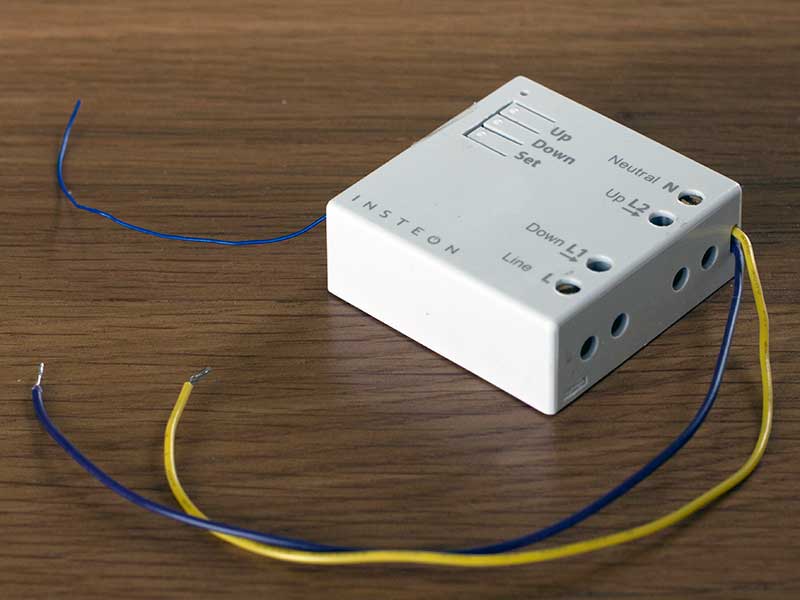While the world has seen plenty of technological marvels come and go over the last one hundred years, humanity’s progression into a connected and technology-based lifestyle is arguably in its infancy. Sure, the gadgets that we use on a daily basis in 2016 would appear mystical in nature to someone from the 1980’s, but that doesn’t change the fact that our foray into the world of mass-producing smaller and smaller processors has yet to yield the kind of benefit to mankind that many of us hoped it would.
It seems however that we are finally on the precipice of real change – and the technology we have to thank for it is almost invisible to the naked eye.

What is a Micro Module?
Micro modules are devices that have semiconductor elements of near microscopic proportions. Simply put, micro modules are a diminutive technology whose constantly shrinking size is allowing more and more of our devices to be integrated into our lives. What’s more, many micro modules are being designed and built to include Bluetooth technology, making them all the more powerful in their functionality.
New Applications Have Some Pretty Big Implications
Possibly the most important area of application for Bluetooth enabled micro modules is the healthcare sector. Micro modules give health practitioners many more options for non-invasive wearable technology that can be programmed to monitor all manner of conditions. Granted, there are products like Fitbits already on the market that can monitor your heart rate, but imagine wearing a ring that can monitor your blood sugar levels throughout the day and send a detailed report to your physician without any effort on your part.
Many might say that the benefit to the health sector alone is justification enough for the amount of capital companies are investing in developing the technology, but the benefits of continuously improving the micro module can be easily tied to just about every facet of our lives.
Improved Efficiency in Power Consumption
Newly designed micro modules have seen power consumption improve by nearly 75% – and while it’s laudable that this technology can do wonders for prolonging life and enhancing one’s health or improving medical treatments, improving efficiency in energy consumption is something that cannot be overlooked.
Enhanced energy consumption means that the power supply of peripherals like headsets, remote controls, presentation pointers, keyboards (and a seemingly infinite number of others) will last much, much longer.
Why Size Matters
It doesn’t take a stretch of the imagination to acknowledge the importance of reducing the size of things like processors and semiconductors. Doing so allows the devices they’re being incorporated into to become smaller themselves. And while the immediate impulse is to say that smaller technology is more functional and less cumbersome to operate, the argument can be made that shrinking the size of our technology can benefit our management of depleting resources, cost (to the manufacturer and by extension, the end user), and allow for a smaller overall impact on the environment.
The Impact on the Economy and Job Market
Obviously, the tech sector is responsible for a lot of the worldwide job growth, largely because emerging technologies need a skilled and specialized labor force to design, build, and maintain them. The proliferation of micro modules is no exception – while mass production of this life-altering technology has demanded a vast number of workers to supply the world’s demand, there are a number of disciplines within the tech sector that are also seeing an increase in demand that correlates to the development of the micro module.
EMC Testing – Why Micro Modules is Making This Job More Important Than Ever
Electromagnetic compatibility testing is the process by which we ensure devices are capable of working in a common environment. Each electronic device, regardless of size, is capable of emitting an electromagnetic field, which can interfere with the operation of other devices.
Naturally then, it’s easy to see the correlation between producing more Bluetooth enabled devices and the need for EMC testing. The more devices there are in a particular environment, the greater the need to ensure that they can all work in proximity to one another.
These are just a few examples of how micro modules are changing the way we live. What does the future hold? Just how small and powerful will this technology become? I guess we’ll just have to wait and see.

